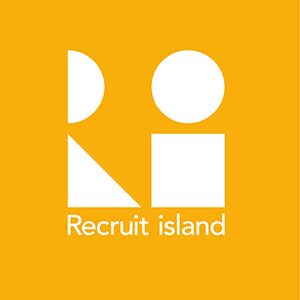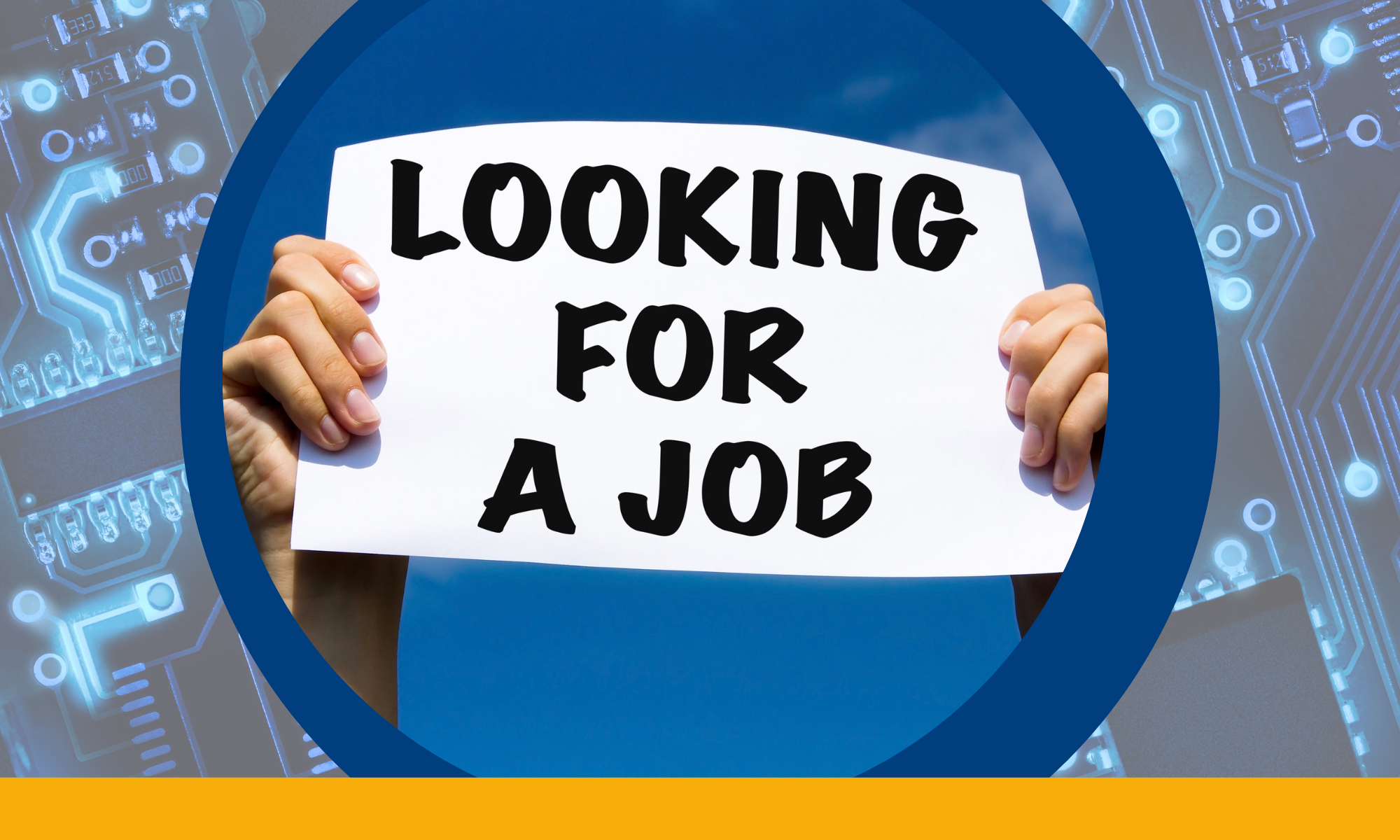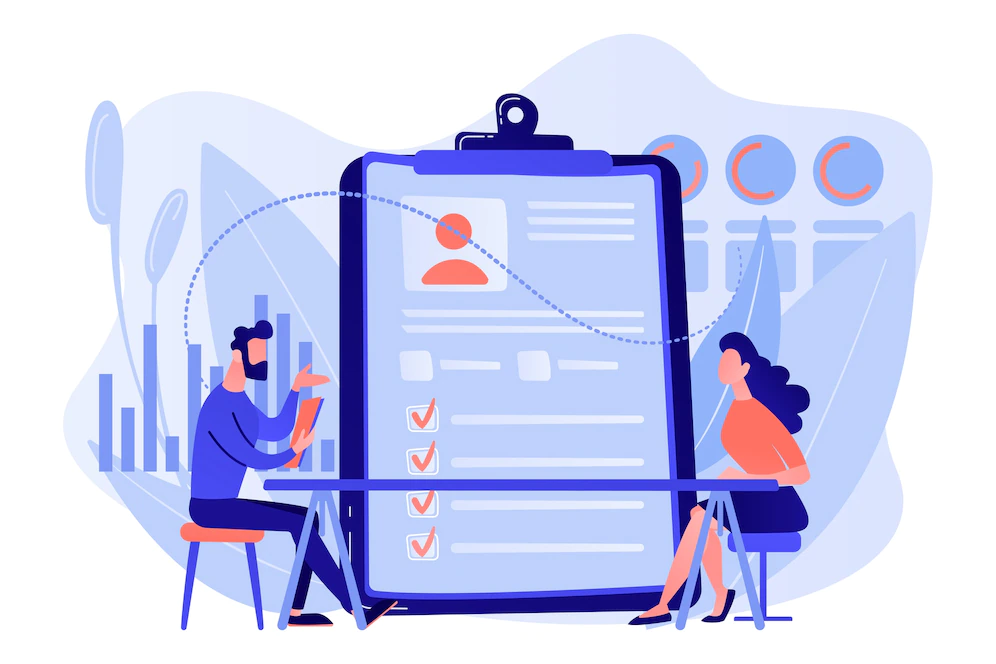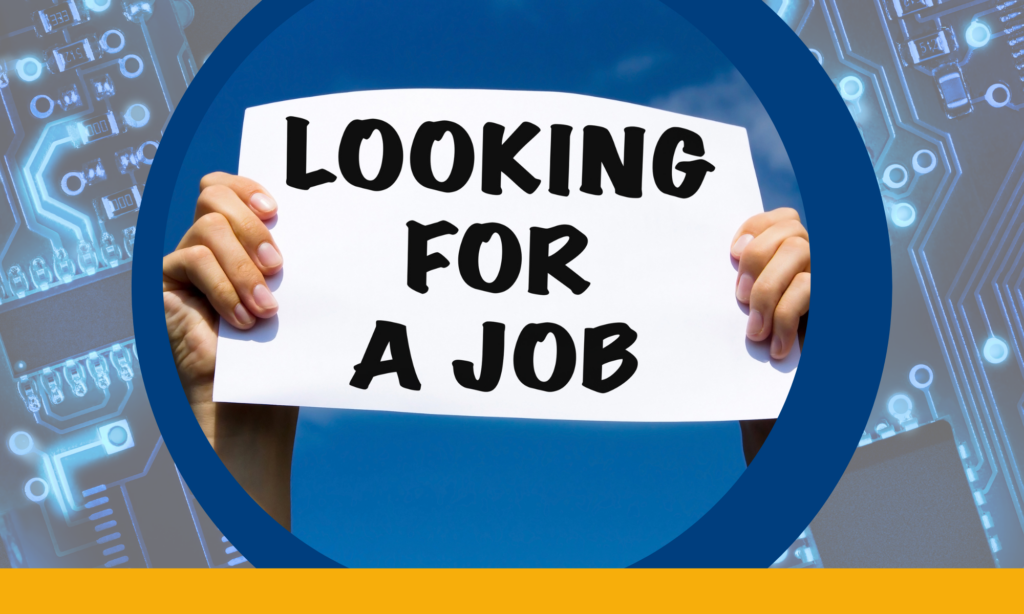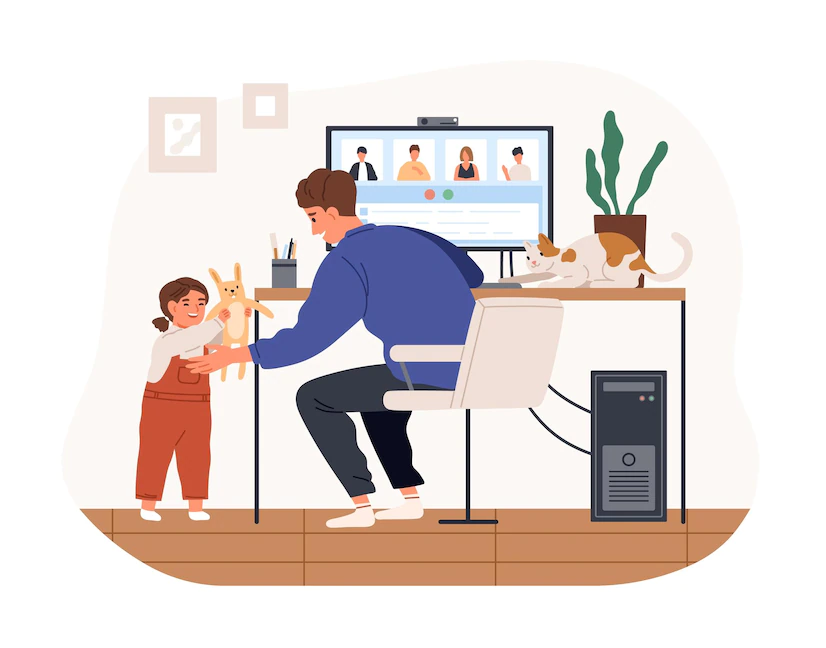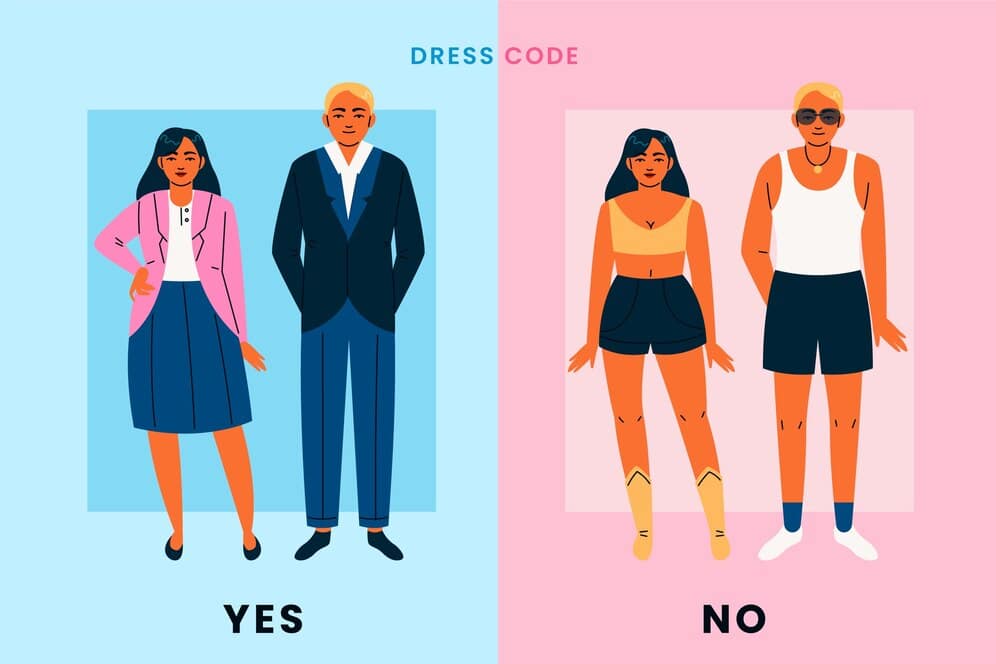What are the most difficult aspects of a Skype Nursing Interview?
If you are an overseas nurse applying for roles in Ireland or any international nursing position, employers opt for Skype or video conference interviews making the interview process much quicker than the time consuming face-to-face interview process.
Are you an overseas nurse applying for roles in Ireland & wondering how to shine in your interview? All the general rules of a face to face job interview still apply.
Skype interviews can be easier than phone conversations as you can portray your enthusiasm, positive energy and passion using non-verbal communication. We have compiled a list of tips on how to prepare for a Skype interview.
- Practice a call via skype prior to the actual interview & be on time
In order to test the Skype connection prior to the interview, carry out a mock call to a friend to test the line and make sure the camera is at the right angle so that the client can clearly see you.
Using Skype, your potential employer’s first impression of you is your Skype username and profile picture. Ensure that you have a professional name and not a nickname as this can reflect your professionalism. It is also advised to keep your account photo professional.
Do not be late logging in for your interview. Get signed into your Skype nice and early to avoid any last-minute problems.
- Ensure all technology is ready and working
If possible, do your test call on the day of the interview to ensure you have a strong signal or that your wireless network doesn’t cut out on you. It is also advised you do a mock interview prior to your interview date to ensure that you are aware of how to use skype, also have your interviewer added to your contacts as soon as these details are given to you.
Ensure that your computer/laptop is fully charged.
Use a good quality microphone or Bluetooth headset to enhance the audio and sound quality.
Note: If there is a problem with technology, do not panic. Advise the interviewer that your connection is not functioning and use this as an opportunity to show that you can stay calm and logical when faced with a problem
- The interview environment
The environment in which you hold the interview is very important as you do not want any distractions from children or pets. A blank or neutral background is best, with a well-organised desk.
Having the correct lighting will help your interviewer see you at your best. The best lighting is natural light from a nearby window – preferably looking towards the natural so that it brightens your face.
Tip: If you have any awards or certificates, significant and valid achievements to the role you are applying for – you might want to show them in the background, but ensure it is not cluttered as this may distract the interviewer (and would portray a lack of organisational skills). Also have your passport with you to confirm your identity to your interviewer.
Make sure to silence your phone and email alerts.
- Dress for the occasion
If you are an overseas nurse applying for roles in Ireland, your presentation in a video call is very important, as unlike a phone interview, you cannot hide your appearance. Non-verbal cues are important when you are not face to face, so keep your appearance professional.
Dress as you would if you were going for a face-to face interview. You may feel silly but the client will be impressed and you will feel more confident.
- Interview Preparation
It goes without saying that you must prepare properly for any interview. At Servisource, our qualified recruiters will go through a mock interview with you, however, below are some points to keep in mind:
- Make sure you know your CV well – it is easy to talk about the things you know, such as your nursing experience and your passions.
- The interviewer/panel will inquire about what you know about the hospital and the role.
- Ensure you research the company for which you’re interviewing for and read about the hospitals values, its location, what additional services it offers (for potential career progression).
- This shows how much you want the role, but you can also develop your interview answers around the client’s values, which portrays how serious you are about this role and opportunity.
Read more, if you are a recent graduate, struggling to make the transition from student to career
- Have a thorough read of the job description and interlink; giving as much detail as possible; your previous experience, qualifications and training by creating SMART examples to show your competency in the role.
Note: Do not assume that the people interviewing you know everything about nursing. Show off every piece of your expertise to the interviewer.
- All of your research will enable you to prepare questions for the interviewers – an interview is not only an opportunity for the hiring manager to learn more about you, but for you to learn more about the facility and the role.
- Body language & eye contact
Just like a face-to-face interview, your body language during video interviews is very important. A positive attitude shows that you’re friendly and confident.
Ensure you sit up straight and look at the camera instead of the screen (this is the only way to ‘establish’ eye contact with the interviewer).
Undeniably, less body language can be conveyed on a video link; ensure your passions show through the tone of your voice and attentiveness.
- Communicate slowly and clearly
Try to speak clearly and slowly, loud enough to block out any background noise but do not shout. If there are transmission delays when speaking, try to be patient and don’t panic. Wait for the interviewer to stop talking before you begin.
Common Nursing Job Interview Questions to help you prepare (these will differ dependant on the role however it will give you a rough idea or the types of questions to prepare for):
- Describe in detail the type of ward in the hospital you are currently working in, including your daily duties and tasks.
- Please give brief outline of your nursing experience over the last 5 years.
- Talk us through an example which demonstrates your ability to deal effectively with emergency situations?
- Describe how you work as part of your nursing team? How you communicate with your colleagues and superiors?
- If a patient with asthma/took a stroke was brought in what would you do, what type of medication would you administer? You will normally be asked a scenario question so please be well prepared for this question.
- Talk me through a time when you used your influencing /communication skills to improve or alter the care given to your patients?
- Describe the culture of your current organisation and give an example of how you work within this culture?
- If you are an Overseas Nurse applying for roles in Ireland, you will need to know the different standards required under HIQA for working within a Nursing Home/Hospital facility.
- Can you advise me how you would deal with the following situation – You are rostered on to work and a nurse and HCA call in sick, what do you do?
- What is your knowledge of the following: Code of Nursing Practice, Code of Conduct and Employment Law
- Can you recall a difficult/challenging task or issue in your nursing career? How did you address the situation? What was the outcome following the intervention? What did you learn from it?
- Why did you apply for this job? And why should we employ you?
If you would like to have a conversation about nursing jobs in Ireland – please contact Deirdre on dtreanor@servisource.ie
Article Written By:
Donna Farrell



